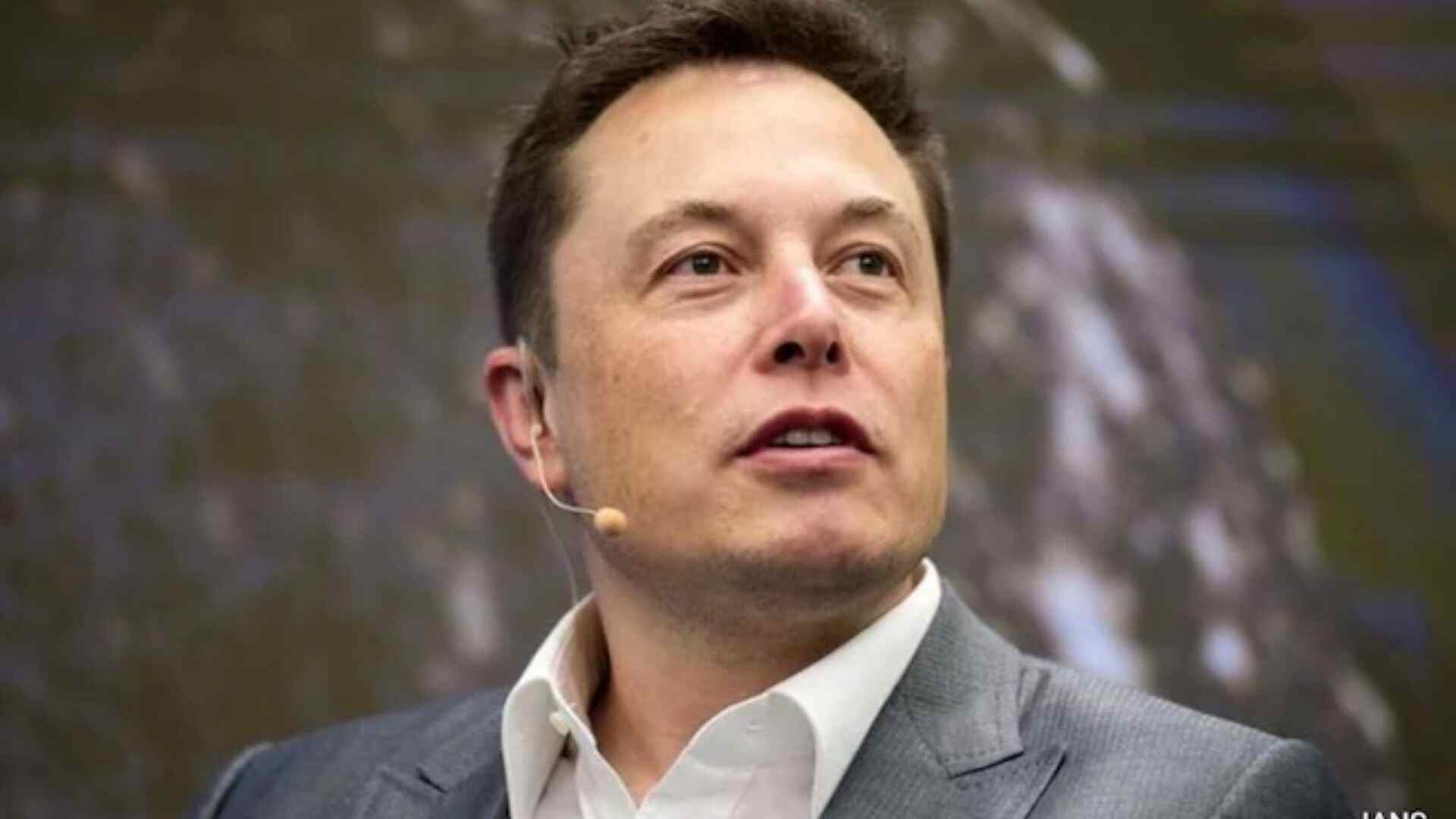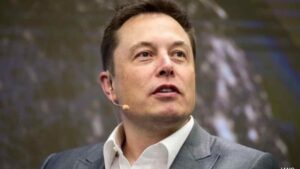Elon Musk, founder of SpaceX and CEO of Tesla, has long advocated for the establishment of a human colony on Mars, envisioning regular trips to the planet and a self-sustaining community. Recently, Musk reiterated his Mars ambitions in response to a post by X user Dima Zeniuk, who attributed Musk’s recent political engagement to his interplanetary goals. “True,” Elon Musk replied, further adding, “I think Donald Trump winning makes a big difference in humanity getting to Mars and making life multiplanetary. This might one day save life as we know it.”
A Future Among the Stars
Musk’s SpaceX website captures his vision: “You want to wake up in the morning and think the future is going to be great… And I can’t think of anything more exciting than going out there and being among the stars.” SpaceX’s mission statement emphasizes Musk’s desire to make humanity a “spacefaring civilization,” setting its sights on Mars as the ideal starting point for human life beyond Earth.
HAVE A LOOK AT THE VIRAL:
True.
Related NewsI think @realDonaldTrump winning makes a big difference in humanity getting to Mars and making life multiplanetary.
This might one day save life as we know it. https://t.co/f9KVHslTY8
— Elon Musk (@elonmusk) October 30, 2024
Why Mars? The Perfect Next Habitat
According to SpaceX, Mars is a close habitable neighbor with an atmosphere rich in carbon dioxide, nitrogen, and argon, making plant growth feasible by compressing the atmosphere. Mars’ gravity—about 38% that of Earth—would allow for easier movement and lifting, and its day length closely resembles Earth’s, simplifying human adaptation. For Elon Musk, making life multiplanetary represents not only exploration but a potential safeguard for humanity’s future.














